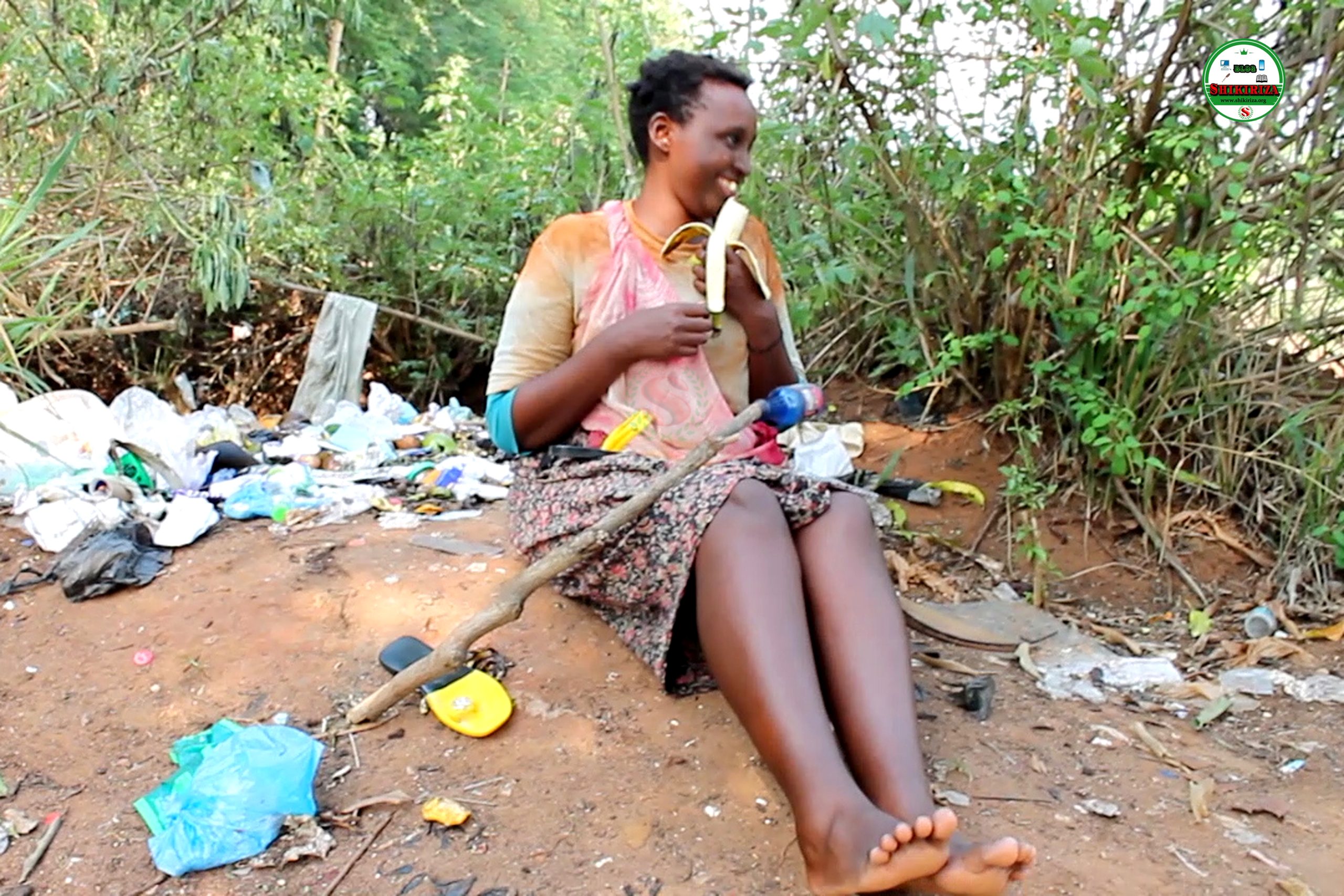On 22nd July 2021, two children were stabbed to death by a person known to have mental problems at Kizi in Gasorwe Commune, Muyinga province. Shortly after the incident, people started to question the threat that the society may be faced with when mentally sick people are unsupervised. Let’s review this sensitive issue which jeopardizes population’s health and security.
Mentally sick people are seen and met almost everywhere in Bujumbura, the economic capital city of Burundi. Many of them are street beggars. They have no relative or family in the city. They are homeless. The countryside is not sidelined. The administration and the population are aware of their presence in their neighborhoods but take less action to prevent any situation like the aforementioned one.
In Burundi, few families can afford medical expenses for the treatment of mental diseases. Hence, patients do not get appropriate treatment. They are left on their own wandering in the streets.
Besides, many people are not informed on mental diseases. They often mistake them with witchcraft and take patients to wizards instead of hospitals. On one hand, families with mentally sick people are often stigmatized and thus, do not dare ask for help. On the other hand, people with mental problems are discriminated and shunned by those who should extend a hand of help to them.
Mental problems affect people in different ways. Some people with mental problems are peaceful while others are aggressive. In Burundi, there are several cases where people were attacked or aggressed by mentally sick people who wander in the streets. Victims are oftentimes children, old people and women, those who are not strong enough to defend themselves. In short, no one is safe when people with mental problems are left alone, unsupervised and not treated.
Challenges faced by people with mental problems
People with mental problems are often victims of threats from people who could protect them. In some cases, they are tortured, discriminated by members of their families. They are sometimes not understood in their societies. Besides, they can inflict themselves.
Among people with mental problems, women and children are the most vulnerable. Women are raped by men who take advantage of their sickness.
“My daughter has been going down streets for more than sixteen years. Now she has three Children and we do not know their fathers,” says Joseph* as he talks about his daughter who has mental problems.
Another asset is that of children who are born from mentally sick people. They risk high danger when they are not immediately taken from their parents. Some are even killed by their parents. Despite all the danger, some women with mental diseases stay with their children. For others, those children are taken to orphanages for their protection. But much still has to be done to enhance their safety.
Children born from mentally sick people are also stigmatized in the society. In fact, many people believe that mental diseases are genetically transmitted. Henceforth, some argue that if a parent is mentally sick, their children are likely to face the same fate.
“Many boys have abruptly ended our relationship after realizing that the woman who wanders in the market in dirty clothes is my mother. Others have clearly told me that they cannot marry me because of my mother,” testifies Anitha*, 25.
Though the case of unsupervised mentally sick people is less talked about. It is peculiar to be aware of their presence in our society and the danger they represent for themselves and for the society. Otherwise, problems and victims will always be there.
The government should take suitable decisions to protect people with mental diseases, especially women and children who present a particular case.

